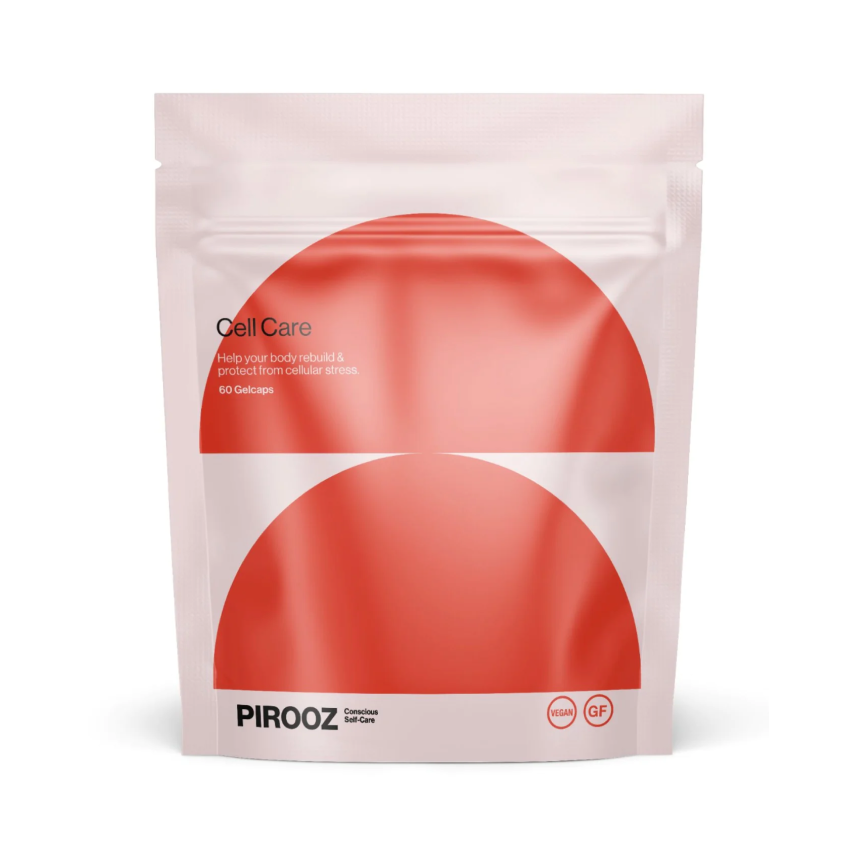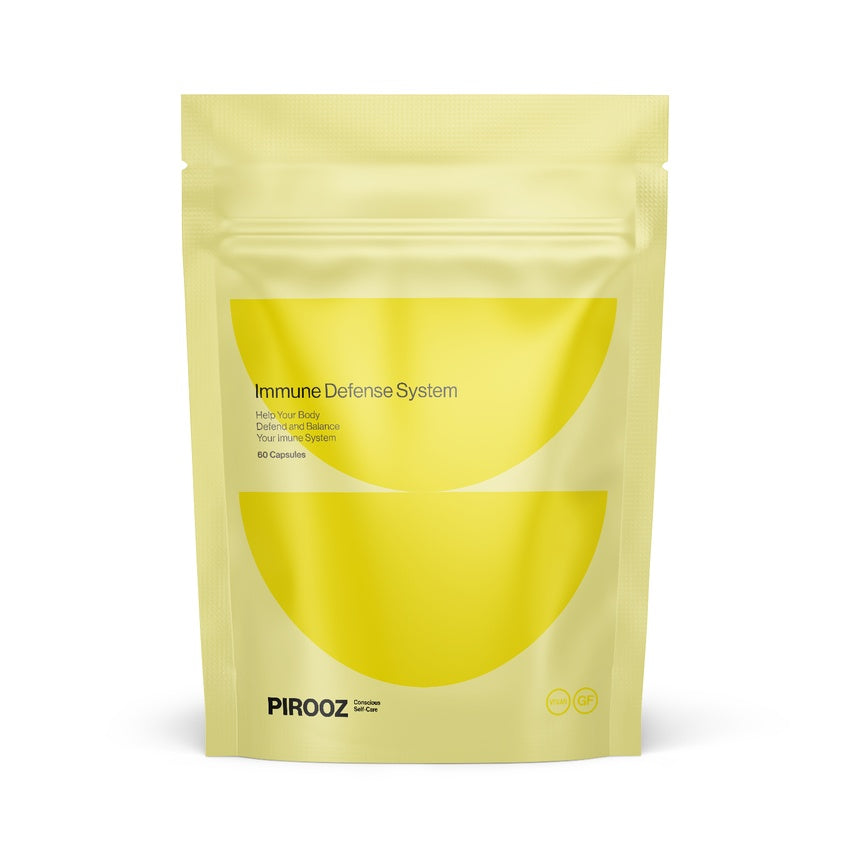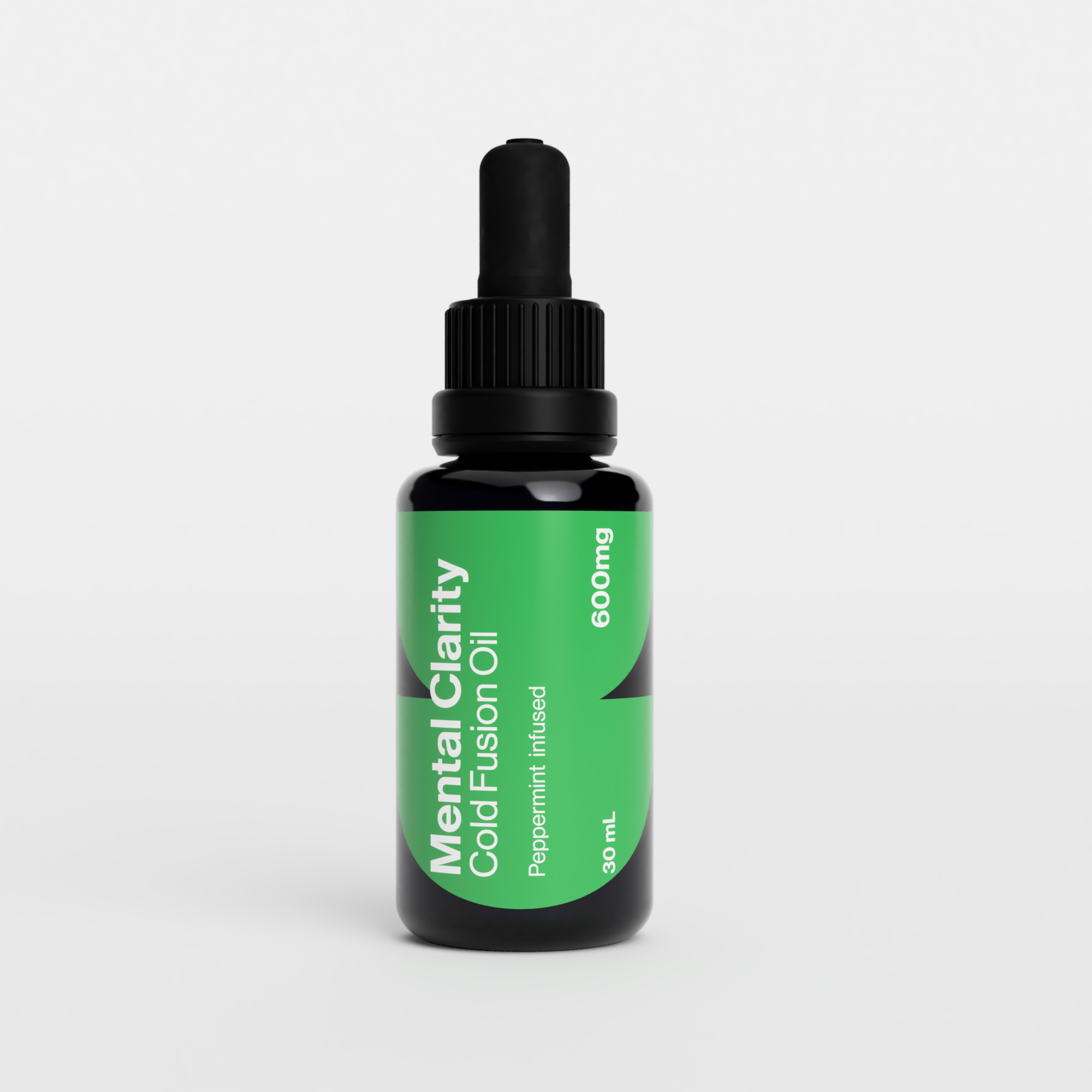Understanding Cellular Health
Before diving into the specifics of Cell Care, it is essential to understand what cellular health means. Cells are the human body's basic structural and functional units, and their health is crucial for overall well-being. Cellular health refers to the optimal functioning of cells, which includes maintaining cellular integrity, energy production, and communication between cells. Poor cellular health can lead to various health problems, including inflammation, oxidative stress, accelerated ageing, and increased susceptibility to diseases such as cancer, diabetes, and cardiovascular disease. Therefore, supporting cellular health is essential for maintaining overall health and longevity.What is Cell Care?
Cell Care is a dietary supplement that claims to support cellular health by providing a blend of vitamins, minerals, antioxidants, and other nutrients that are essential for optimal cellular function. The manufacturer claims Cell Care can help protect cells from oxidative damage, support energy production, and promote overall cellular health.What to expect when you take any Cell care supplements from the market?
The specific ingredients in Cell Care may vary depending on the formulation, but some common ingredients often found in cellular health supplements like Cell Care include: Antioxidants- Vitamin C: A potent antioxidant that can neutralize free radicals and reduce oxidative stress.
- Vitamin E: Another potent antioxidant that can help protect cell membranes from oxidative damage.
- Selenium: An essential mineral that plays a crucial role in antioxidant defense systems.
- Resveratrol is a polyphenol compound found in grapes and red wine that has been shown to support DNA repair and maintenance.
- Alpha-Lipoic Acid: A powerful antioxidant shown to support DNA repair and maintenance.
- Vitamin D: Plays a crucial role in immune function, including immune cell function, antibody production, and overall immune response.
- Zinc: An essential mineral that plays a crucial role in immune cell function, antibody production, and overall immune response.
Energy Production
- B-Vitamins: Essential for energy production, cellular metabolism, and overall cellular function.
- Magnesium: A cofactor for numerous enzymes involved in energy production and cellular metabolism.
- Coenzyme Q10: is a compound that plays a crucial role in ATP production in the mitochondria, the cell's energy-producing organelles.
The Science Behind Cell Care
Energy Production Cell Care also contains essential nutrients for energy production, such as B vitamins, magnesium, and coenzyme Q10. These nutrients are crucial in cellular metabolism, ATP production, and overall energy production, essential for optimal cellular function and overall health ( Lopez-Lluch et al., 2015). Immune Support Cell Care also contains vitamins C, D, and zinc, supporting immune function. These nutrients are crucial in immune cell function, antibody production, and overall immune response, and they are essential for protecting cells from infections and diseases (Carr & Maggini, 2017). Antioxidant Support One critical ingredient in Cell Care is antioxidants, which can neutralize free radicals and reduce oxidative stress, significantly contributing to cellular damage and ageing. Antioxidants such as vitamin C, vitamin E, selenium, and coenzyme Q10 have been shown to help protect cells from oxidative damage and support cellular health ( Pham-Huy et al., 2008). DNA Repair and Maintenance Some ingredients in Cell Care, such as resveratrol and alpha-lipoic acid, have been shown to support DNA repair and maintenance, which are crucial for preserving cellular integrity and reducing the risk of mutations and cellular damage (Boocock et al., 2007; Packer et al., 2001).Scientific Evidence Supporting Cell Care
While the individual ingredients in Cell Care have been studied for their potential health benefits, there is limited scientific evidence evaluating their effectiveness in supporting cellular health. Most of the available research has focused on the individual ingredients, and more research is needed to determine whether the combination of these ingredients in Cell Care can indeed support cellular health.Safety and Potential Side Effects of Cell Care
While Cell Care contains ingredients that have been studied for their potential health benefits, it is essential to consider this supplement's safety and potential side effects. Some individuals may experience side effects or adverse reactions when taking dietary supplements, especially if they are taking medications or have underlying health conditions.Potential Side Effects
- Vitamin Overdose: Excessive intake of vitamins, particularly fat-soluble vitamins like vitamin A and vitamin E, can lead to vitamin toxicity, which can cause adverse health effects ( Bendich & Langseth, 1989).
- Mineral Imbalance: Excessive intake of minerals like selenium, zinc, and magnesium can disrupt mineral balance in the body and lead to adverse health effects (Rayman, 2000; Wessels et al., 2017).
- Gastrointestinal Distress:Some individuals may experience gastrointestinal side effects such as nausea, vomiting, diarrhoea, or constipation when taking dietary supplements (Heaney et al., 2011).
Precautions
- Pregnancy and Breastfeeding: Pregnant or breastfeeding women should consult with a healthcare professional before taking Cell Care or any other dietary supplement to ensure safety for both mother and baby.
- Underlying Health Conditions: Individuals with underlying health conditions, such as liver disease, kidney disease, or autoimmune disorders, should consult a healthcare professional before taking Cell Care or any other dietary supplement.
Drug Interactions
- Anticoagulants: Vitamin E tablet, fish oil, and other supplements with blood-thinning properties may interact with anticoagulant medications, increasing the risk of bleeding ( Institute of Medicine, 2001).
- Blood Pressure Medications: Certain supplements, including coenzyme Q10, may interact with medications and affect blood pressure levels (Rosenfeldt et al., 2005).












